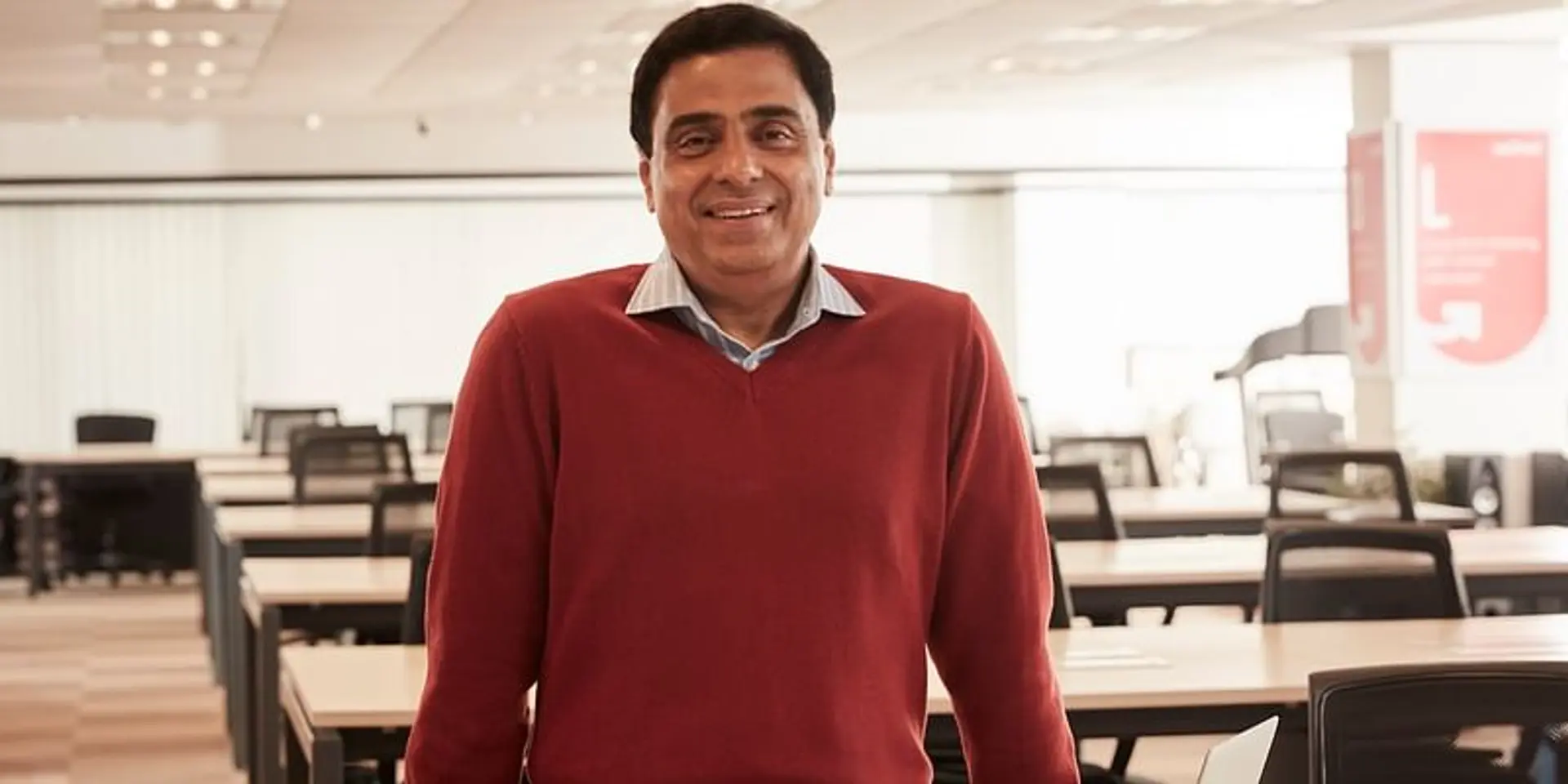Ronnie and Zarina Screwvala’s Swadesh Foundation is helping Raigad fight COVID-19 in rural Maharashtra
Ronnie Screwvala of upGrad and his Swadesh Foundation are helping Raigad fight the second wave of COVID-19 in India in Maharashtra.
The second wave of COVID-19 has hit India hard. The total number of cases stands at over 16.6 million with more than 190,000 deaths in the country. There is an acute shortage of medicines, hospital beds, and oxygen.
As millions struggle across the country, several citizens have stepped up to help as many people as possible.
In Maharashtra, one of the worst-hit states in India, Ronnie and Zarina Screwvala’s Swadesh Foundation is working with the District of Raigad to promote COVID-19-appropriate behaviour across more than 1,000 villages for vaccination and more.
Taking to Twitter, the Indian entrepreneur announced that Swadesh has already delivered over 17,245 kits of grocery in Raigad and served more than 57,503 meals to frontline workers — doctors, nurses, and healthcare professionals across Mumbai, Maharashtra.
The foundation has also served over 3.3 lakh meals to migrant workers. It has also distributed medical kits that included 2.7 lakh double masks, 10,000 N95 masks, over nine ventilators, 5,400 PPE kits, 200 thermal scanners, 14 oxygen concentrators, 150 digital BP apparatus, 200 pulse oximeter, two monitors, and over 100 stethoscopes.
Ronnie is one of the most well-known faces in the Indian startup ecosystem. A serial entrepreneur, he founded the UTV Group in 1990 and grew it into a media conglomerate.
Later, he turned into a private equity investor and launched Unilazer Ventures, which predominantly invests in Indian startups with early-stage investment. He is also the Co-founder and Chairman of edtech startup upGrad, and is the founder trustee of Swades Foundation, an NGO.
Last year, amid the first wave of the pandemic, the Swadesh Foundation had also stepped in to join the fight. In an earlier conversation with YourStory, Ronnie had said -
“On a narrow level, Swadesh Foundation, which has been working on reverse migration for five years, had over 95,000 migrants to work with. It was a problem of massive and plenty that wasn’t triggered for the right reasons. It meant we needed to work around different levels to ensure they have a life in their hometowns. Whether it is creating jobs, ensuring good education facilities, and jobs.”
Edited by Saheli Sen Gupta








